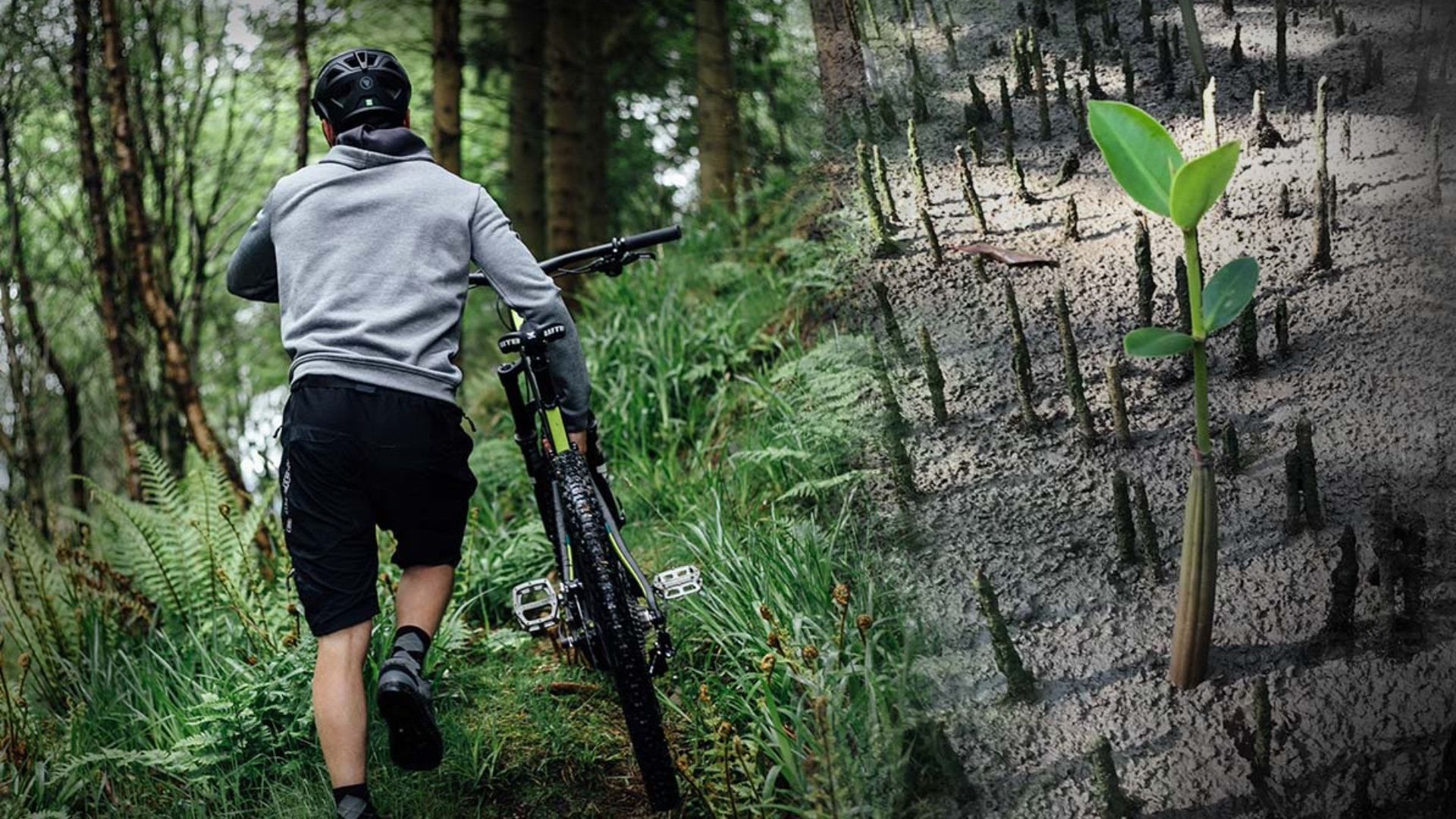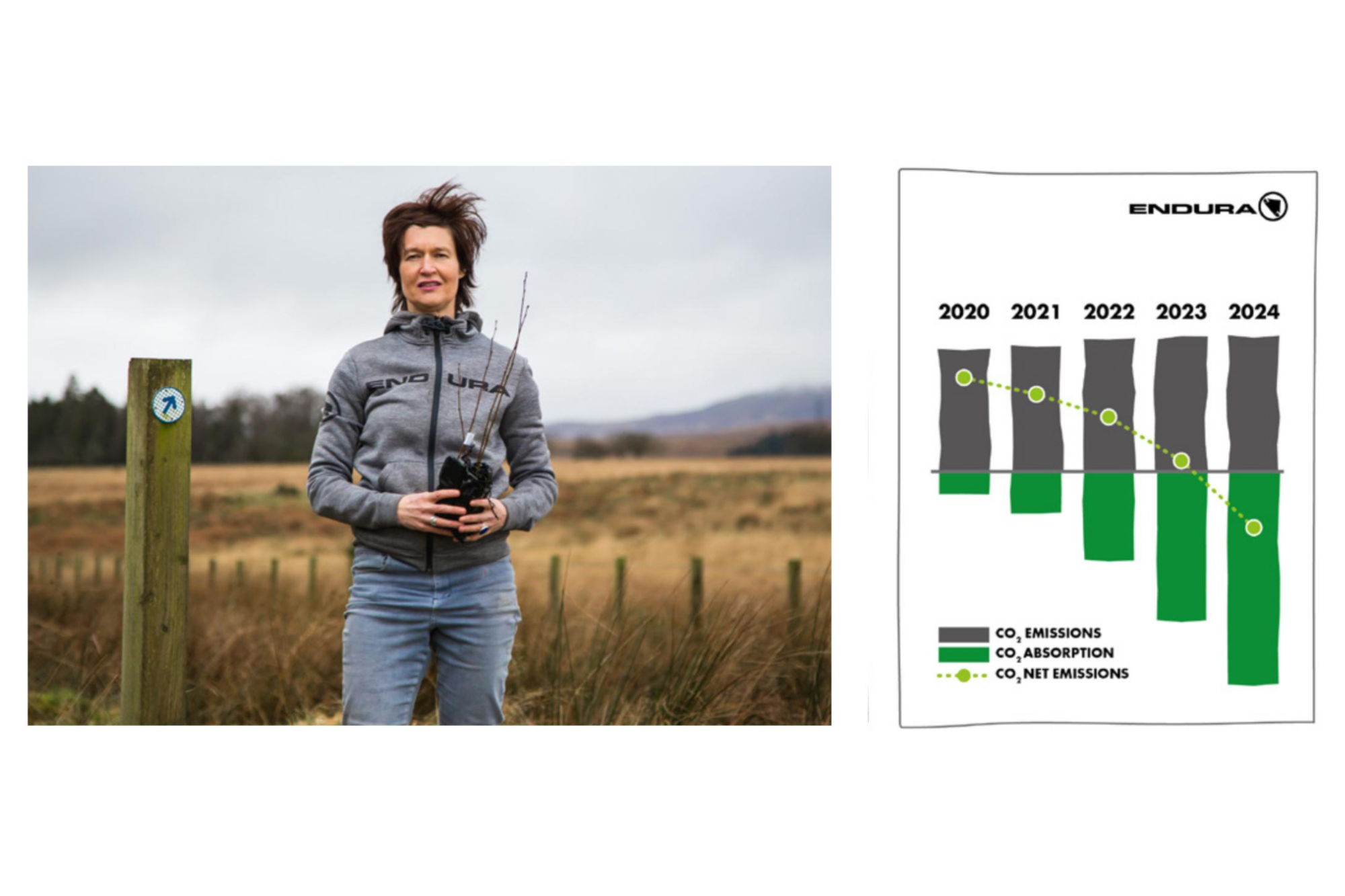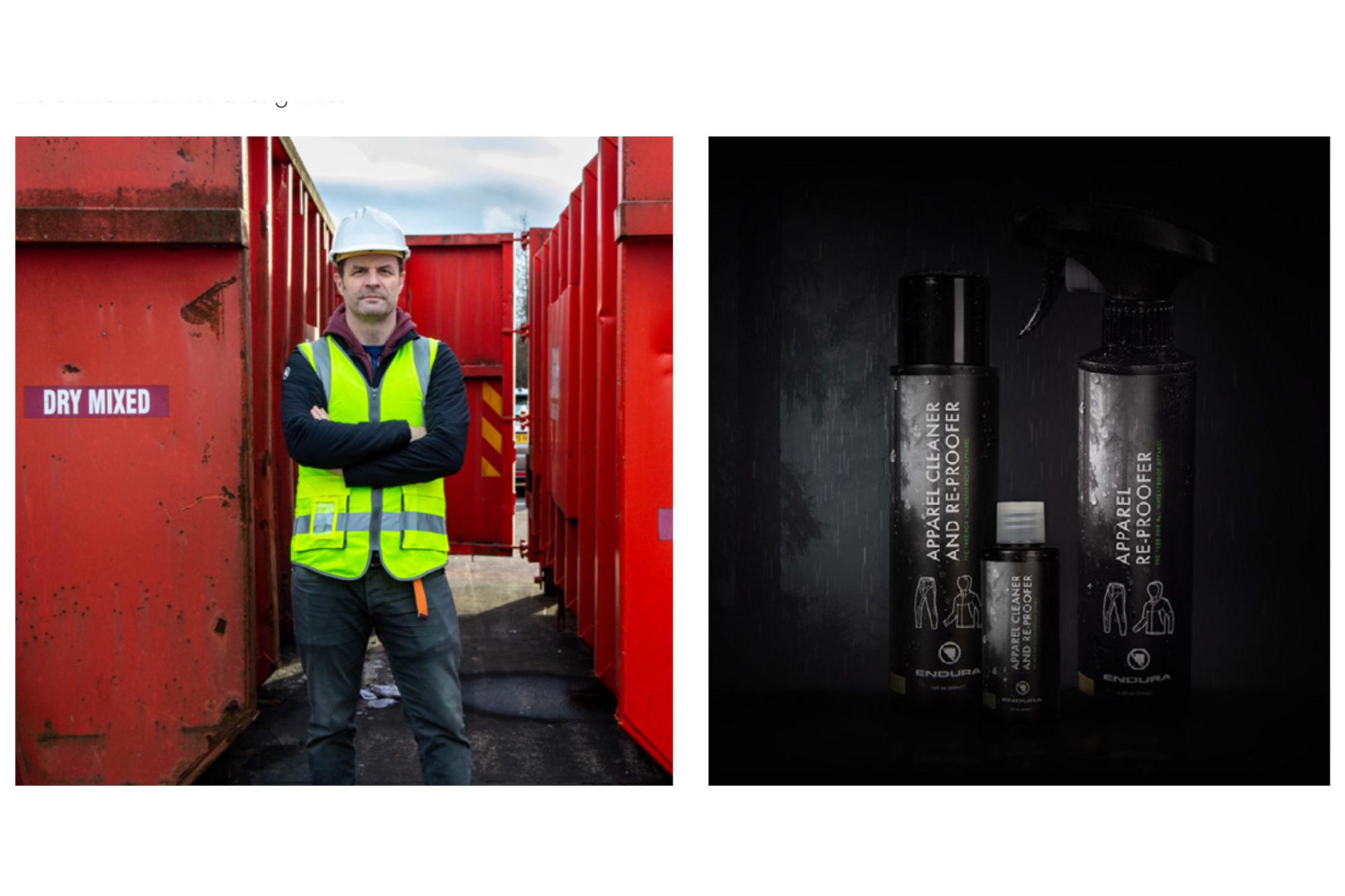Endura pledges to be carbon negative by 2024
Alongside other initiatives, more than two million trees have already been planted


The latest race content, interviews, features, reviews and expert buying guides, direct to your inbox!
You are now subscribed
Your newsletter sign-up was successful
With the COP26 climate summit being held just a short hop from Endura's headquarters, the Scottish brand has taken the moment to bring an update on is progressive towards becoming carbon negative in 2024.
Much of the rhetoric we hear from politicians and large corporations centres on transitioning to net-zero greenhouse gas emissions – that is, mitigating the impact of any emissions which are released through initiatives such as reforestation.
Endura is going a step further with its goal of absorbing more CO2 from the atmosphere that it emits – the aim being to have a positive impact on the environment, rather than merely neutral.
So, how is the brand planning on achieving this?

At the start of 2020, Endura launched the Million Trees project and is “pleased to reveal that the … initiative is still ahead of target.
“Our partners in Africa have now planted more than two million trees in an area of degraded mangrove forest in Maputo Bay, Mozambique.
“Closer to home, Endura has now planted 85,000 trees in Scotland creating new woodland near to Drymen in Stirlingshire on poor quality pastureland with minimal agricultural value.
The latest race content, interviews, features, reviews and expert buying guides, direct to your inbox!
When it comes to reforestation efforts, it’s important that these are properly managed. Creating a monoculture by simply planting thousands upon thousands of the same species of tree can actually cause more harm to the environment than good.

In view of this, Endura has enlisted the help of sustainable forestry experts and selected a mix of native species, such as birch, that are “suited to the ground condition and climate of the site.”
Endura is aware that “no single initiative will remove all our impacts – that’s something we could only achieve by stopping what we’re doing. However, by tackling our environmental liabilities on a number of fronts, we can shrink our footprint.”
Endura have been PFC free since 2018 and don’t use PTFE in their waterproofs – a chemical which is often used in waterproof membranes and which persists in the environment for a long time.

Although the use of polybags in packaging can help prevent some waste by ensuring garments aren’t damaged in transit, Endura knows this isn’t popular with customers and have taken steps to reduce this waste.
To help prevent these bags being sent to landfill, Endura “encourages our partner bike shops to return LDPE bags to chemically recycled.
“We’ve investigated the overall impact of this and have confirmed that the CO2 emissions involved in returning the bags to our distribution centres in the UK and Europe and then reprocessing them to form new LDPE bags are dramatically lower than creating new bags from raw petrochemicals.”
You can head to the company's website to find out more about Endura’s work on sustainability issues.

After winning the 2019 National Single-Speed Cross-Country Mountain Biking Championships and claiming the plushie unicorn (true story), Stefan swapped the flat-bars for drop-bars and has never looked back.
Since then, he’s earnt his 2ⁿᵈ cat racing licence in his first season racing as a third, completed the South Downs Double in under 20 hours and Everested in under 12.
But his favourite rides are multiday bikepacking trips, with all the huge amount of cycling tech and long days spent exploring new roads and trails - as well as histories and cultures. Most recently, he’s spent two weeks riding from Budapest into the mountains of Slovakia.
Height: 177cm
Weight: 67–69kg